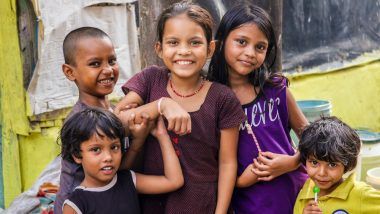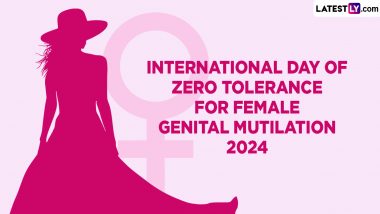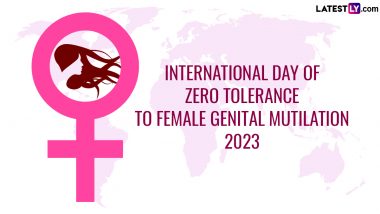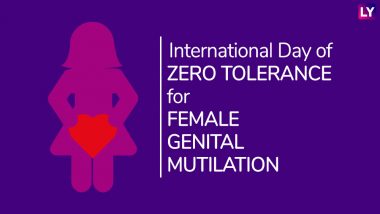First introduced in 2003, International Day of Zero Tolerance for Female Genital Mutilation is a UN-sponsored annual awareness day that takes place on February 6 every year. Female Genital Mutilation (FGM) comprises procedures that involve altering or injuring the female genitalia for non-medical reasons. It is recognised as a violation of the human rights of girls and women worldwide. It is a practice concentrated in developing countries from Africa, Middle East and Asia. FGM is mostly carried out on young girls between infancy and adolescence. Although it is a universal problem, it was started as an initiative primarily concentrated in 29 countries in Africa and the Middle East.
FGM is performed in an attempt to control a female’s sexual desires. There are no health benefits and it only harms girls and women in many ways – physically and psychologically. The procedure is done without anaesthesia or medical supervision and is carried out by ill-equipped traditional circumcisers. The immediate complications include severe pain, excessive bleeding, infections, and urinary problems, and sometimes can even lead to shock or death if the procedure goes wrong. The long-term complications include menstrual problems, pain during sex and psychological problems like depression, anxiety and low self-esteem.
There are four types of FGM procedures:
Type 1: Referred as clitoridectomy, it is a partial or total removal of the clitoris.
Type 2: Referred as excision, it is a partial or total removal of the clitoris and the labia minora (the inner folds of the vulva).
Type 3: Referred as infibulation, it is the narrowing of the vaginal opening through the creation of a covering seal.
Type 4: This includes all other harmful procedures to the female genitalia for non-medical purposes.
Female Genital Mutilation in India
In India, the custom of FGM is practiced by the Dawoodi Bohras, a Shia Muslim Sect. The Bohras practice Type 1 FGM or popularly referred as ‘Khatna’. The clitoris is referred to as the ‘Haram ki boti’ or a ‘sinful piece of flesh’. Known to be one of the most progressive and well-educated community, it comes as a shock to know that Bohras practice this inhuman custom.
The practice has nothing to do with religion but is more of a cultural practice. To eradicate this practice, in 2015 National Commission Women (NCW), received petition initiated on Change.org – by ‘Speak Out on FGM’ urging the government to frame a law to ban this practice. Petitioners feel that if the UN recognises India as a country where FGM is practised, they will be able to exert pressure on the government to ban it. Many women want this custom to be abolished but very few speak out in public. This is because they fear ostracism, and speaking out in public affects their private lives as well.
The World Health Organisation (WHO) classifies FGM as a violation of the human rights of girls and women. It reflects the deep-rooted inequality between the sexes and constitutes an extreme form of discrimination against women. Since it is carried out on minors, it is also a violation of the rights of children. Currently, FGM is banned in over 20 countries alone in Africa. Eliminating FGM by 2030 is a global target of the UN’s Sustainable Development Goals.
(The above story first appeared on LatestLY on Feb 06, 2018 02:04 PM IST. For more news and updates on politics, world, sports, entertainment and lifestyle, log on to our website latestly.com).













 Quickly
Quickly




















